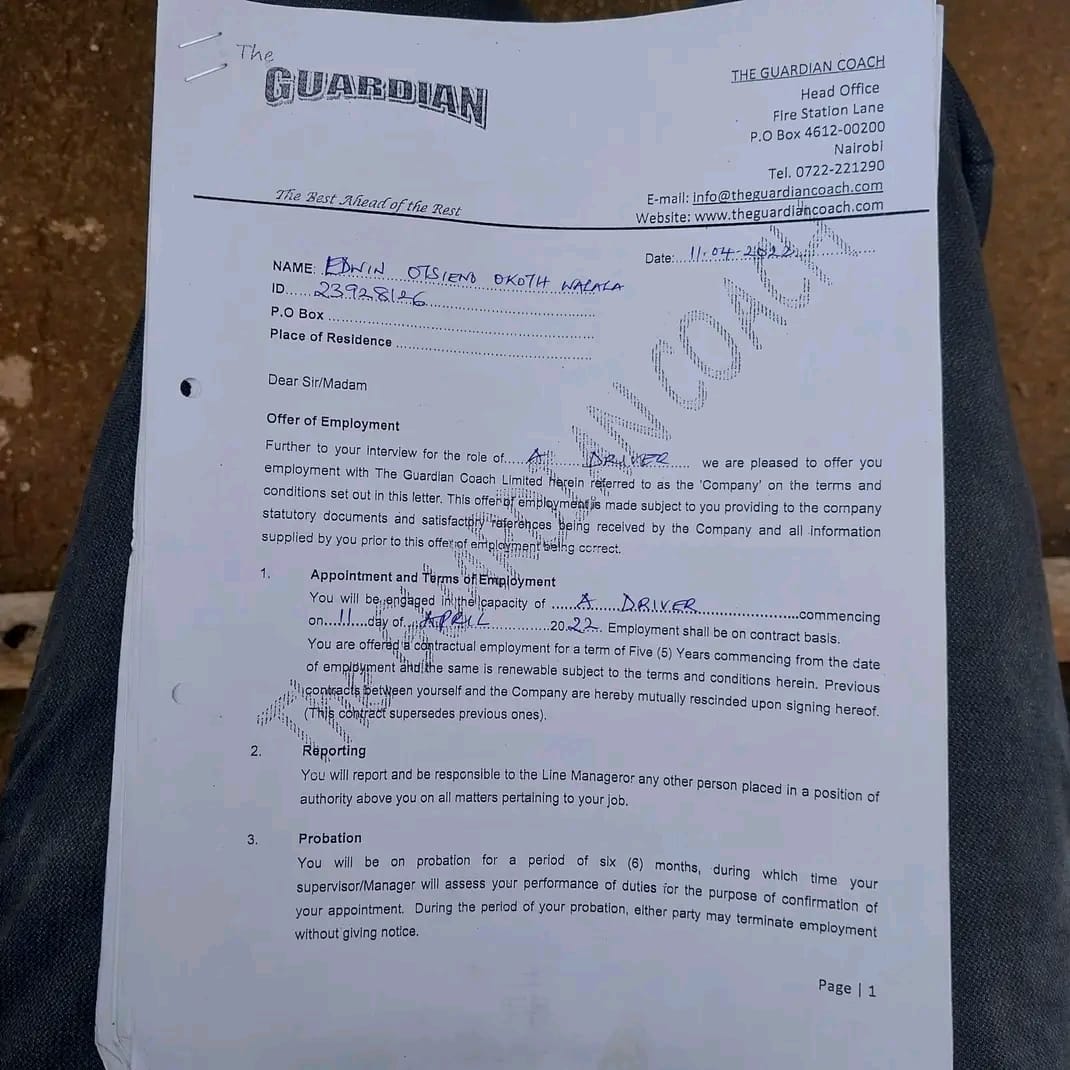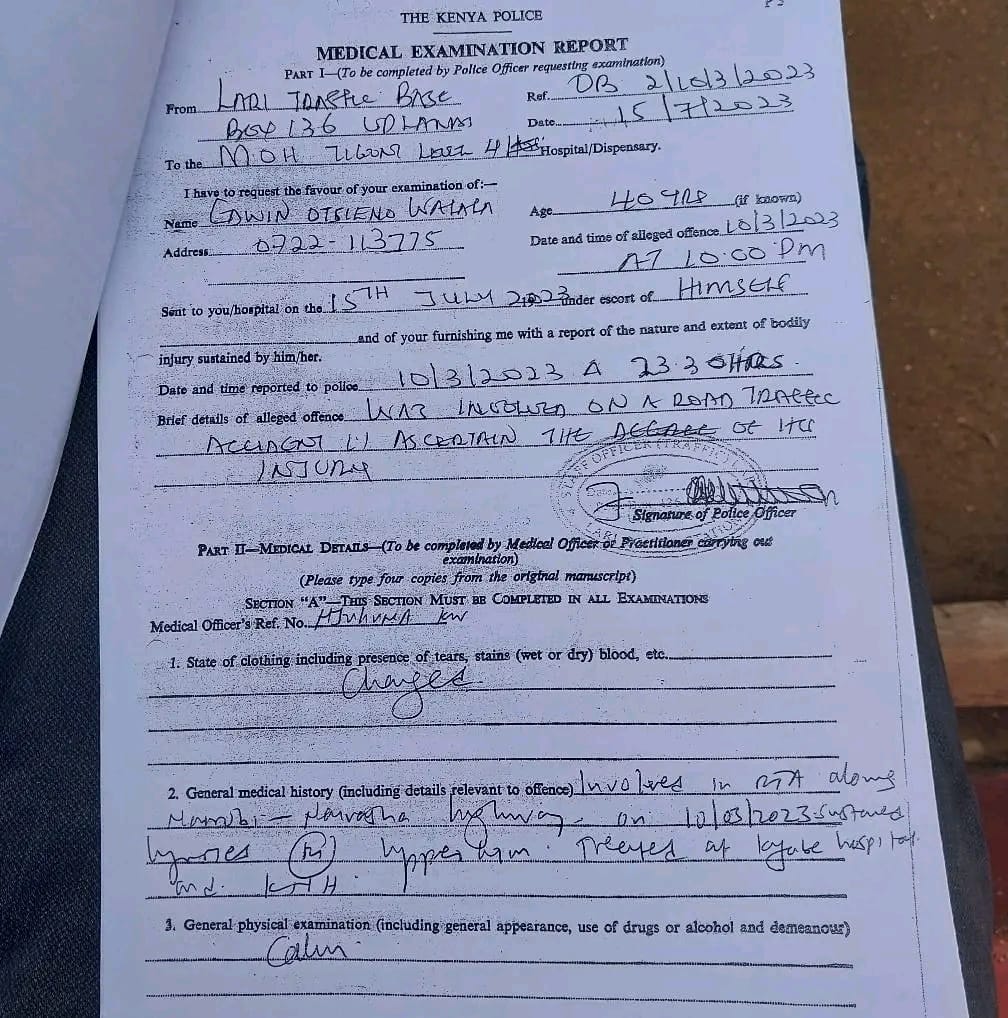We're Here To Empower
Social Justice Initiatives of the Makanda Foundation
The Makanda Foundation is deeply committed to social justice, focusing on equitable access to rights and resources. Here’s an overview of their key strategies and anticipated outcomes:
Key Strategies;
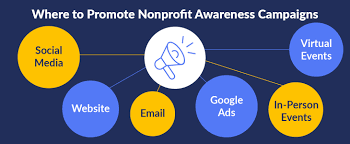
Awareness Campaigns
Organizing campaigns to raise awareness about issues such as discrimination based on race, gender, and socioeconomic status.

Community Organizing
Facilitating discussions that encourage sharing experiences and fostering understanding among diverse groups.
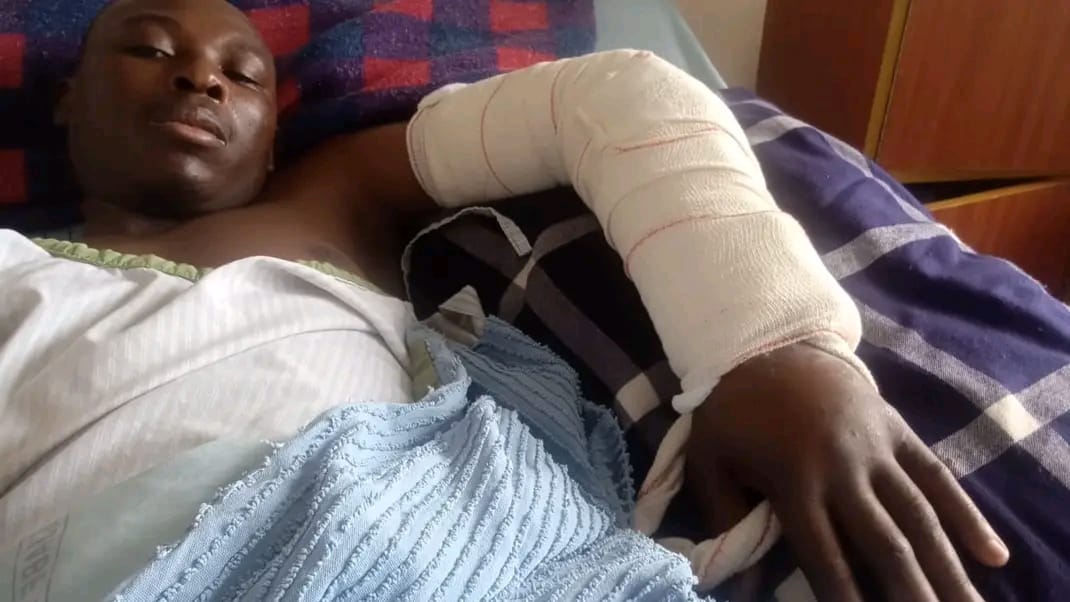
Legal Assistance
Providing resources and referrals for legal aid to help individuals navigate discrimination and housing rights.

Leadership Training
Offering training to develop skills for personal and community advocacy, including public speaking and organizing.
Anticipated Outcomes
Increased Awareness:
Enhanced understanding of social justice issues, leading to greater community engagement.
Stronger Advocacy Networks:
Development of networks committed to addressing systemic injustices.
Policy Changes:
Successful advocacy can lead to reforms that improve equity and access to resources.
Empowered Individuals:
Participants gain confidence to advocate for themselves, enhancing individual agency.
Fostering Inclusivity:
Promoting a culture of respect and understanding, reducing tensions within the community.
#Justice:The Case of Edwin Walala vs. The Guardian Couch Ltd.
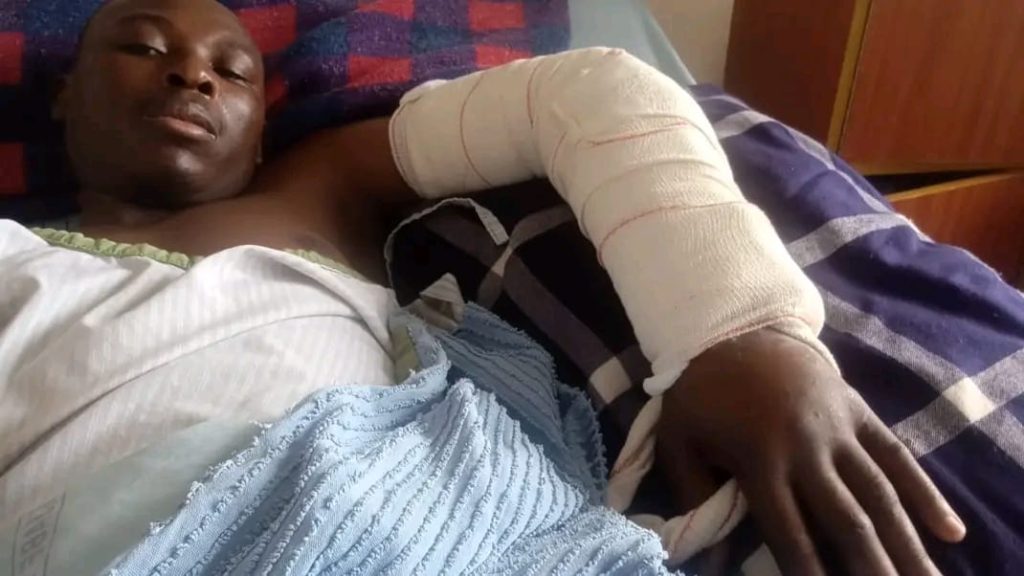
Two days ago, Phelix Makanda shared a troubling account of Edwin Walala, a driver for The Guardian Couch Ltd., highlighting the unjust treatment and inhumane conditions he has faced from the company. In the video, he detailed several key points:
1. Insurance Issues
The bus company claims that Edwin was involved in a scuffle with traffic police, yet they fail to clarify that the dispute centered around an insurance matter unrelated to the driver’s conduct.
2. Cash Bail
While the company asserts they bailed Edwin out after his arrest, they must provide proof. Can they present the bail receipts to the public?
3. Medical Support
Does the company not provide comprehensive coverage? On March 10, 2023, Edwin was injured in a road accident on the Nairobi-Nakuru road while attempting to save passengers. The company initially paid Ksh. 38,000, later adding Ksh. 35,000 under the verbal condition that he return to work within four months or risk termination. In September 2023, he resumed work, but in January 2024, he was injured again—this time by police—due to ongoing insurance issues. The company provided no assistance; if they did, they should disclose the receipts. The insurance does not relate to the signed employer-employee contract.
4. Contract Termination
Did Edwin breach his contract? Did he violate company policies? Were his benefits and savings properly addressed upon termination?
5. Salary Issues
Edwin last received a salary in January, and it was only half of what he was owed. When he inquired about this, he was dismissed without further explanation. His salary for February and March remains unaddressed. In their public communication, the company should provide payslips to support their claims.
6. Safety and Health Concerns
The company claims Edwin resumed work four months after his injury. They assigned him to operate a 49-seater bus without a co-driver or turn boy, requiring him to drive with only one hand on a night route from Nairobi to Bondo. Does the company prioritize passenger safety? What does NTSA Kenya say about such practices?
7. Interaction with Traffic Police
Was the incident with police a fight or an attempt to protect his injured hand? Given Edwin’s significant arm injury, how could he possibly have fought off five trained police officers?
Furthermore, the charges against him include:
a) Driving an 11-seater vehicle instead of a 49-seater,
b) Failing to display the insurance,
c) Resisting arrest while attempting to protect his injured hand.
More details will follow, including strange threatening calls Edwin has been receiving from unknown numbers.
